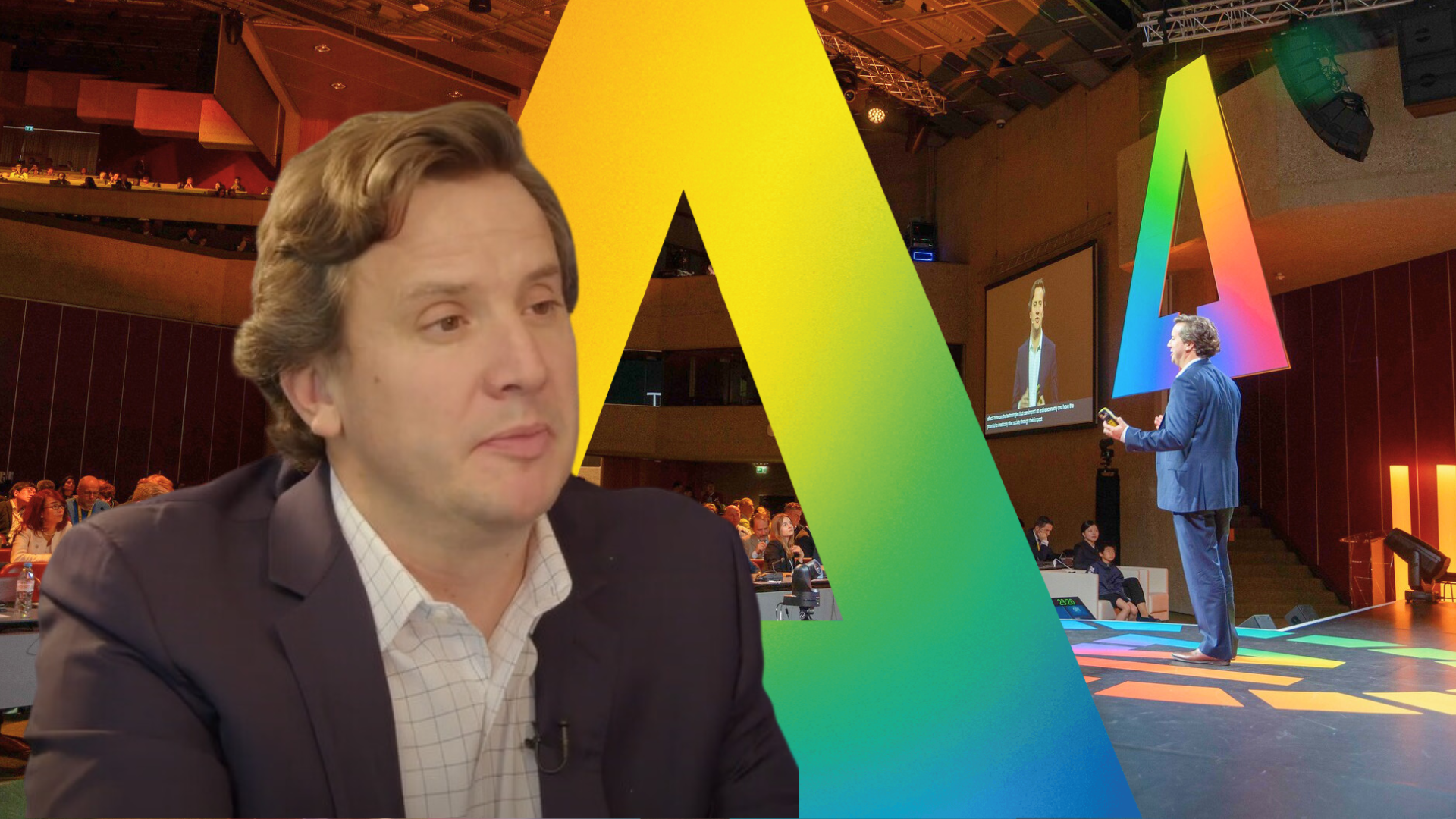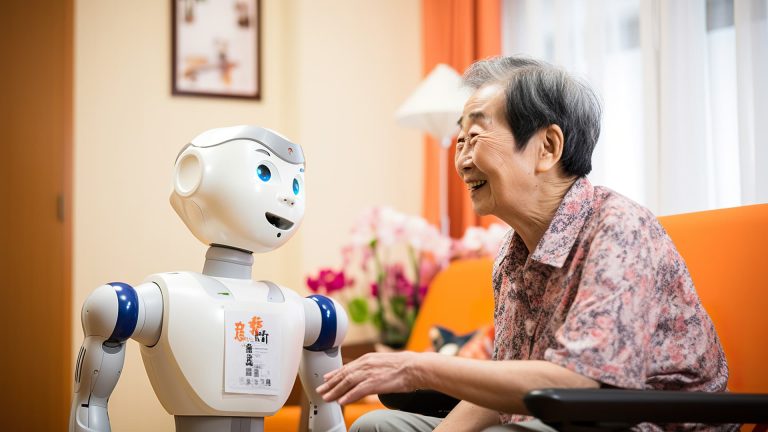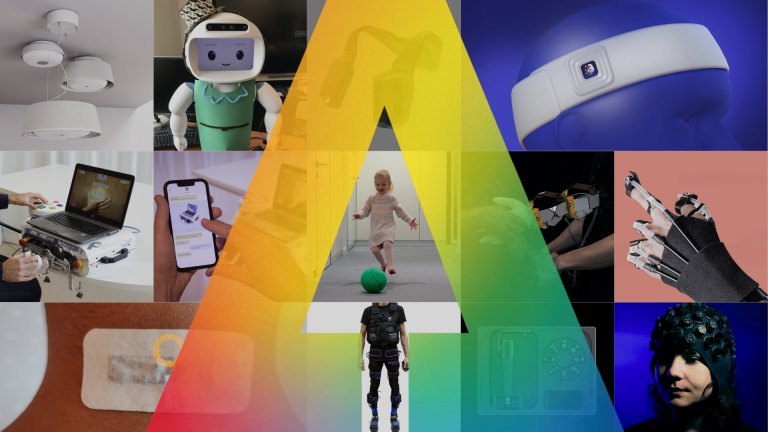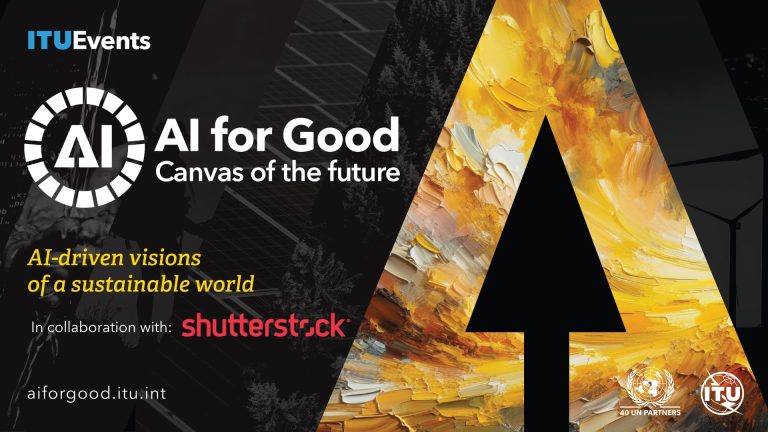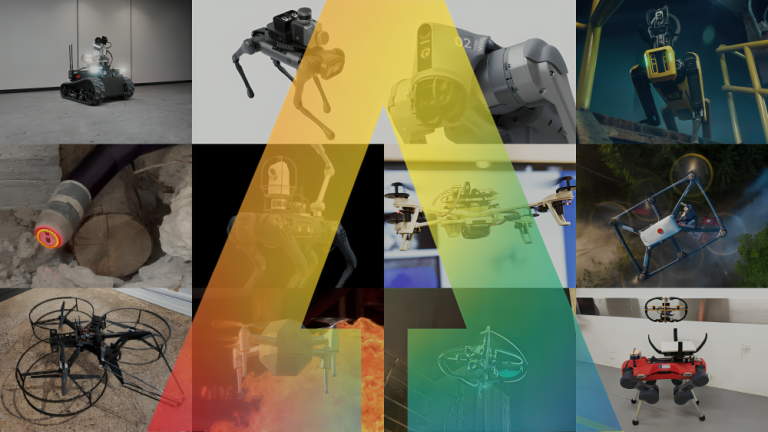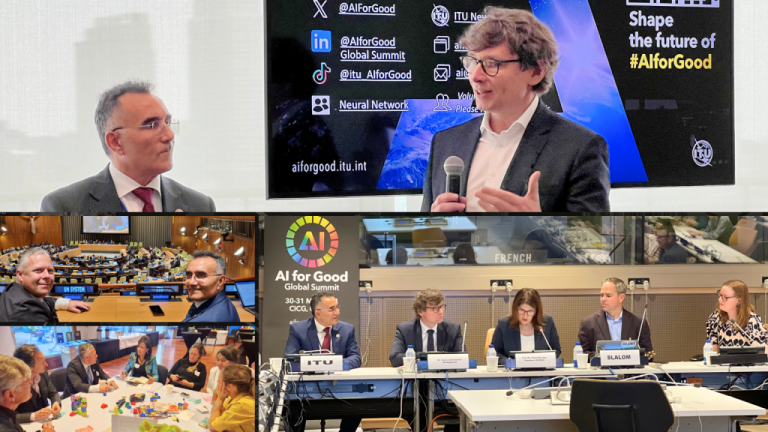Harnessing Transformative Solutions to Address Global Issues
The AI for Good Global Summit 2024: Unveiling AI’s Transformative Potential
The AI for Good Global Summit 2024, hosted in Geneva, gathered visionary leaders and innovators from diverse sectors to explore the groundbreaking opportunities presented by artificial intelligence (AI). A highlight of the summit was the insightful presentation by Juan Lavista Ferres, Corporate Vice President and Chief Data Scientist at Microsoft AI for Good Lab. He shed light on the need for collaborative efforts in harnessing AI’s capabilities to achieve the Sustainable Development Goals (SDGs).
Lavista Ferres stressed the critical nature of collaboration among different stakeholders to maximize the effectiveness of AI in tackling global challenges. “One essential aspect is coordination, especially when multiple actors are aiming to address the same issue. Events like these facilitate valuable connections,” he noted.
Highlighting a noteworthy project, Lavista Ferres discussed an initiative that utilizes AI and high-resolution satellite data to map population density. This project, in partnership with Planet Labs PBC and the Institute of Health Metrics and Evaluation at the University of Washington, aims to deliver accurate demographic data, particularly in areas such as sub-Saharan Africa where geographical information is often outdated. “If we don’t know where people live, we cannot assist them,” Lavista Ferres emphasized.
This crucial data serves as a backbone for effective disaster preparedness, emergency responses, and various essential services.
Another focal point of the discussion was AI’s potential in addressing significant issues like food security and education. Lavista Ferres showcased how AI can be employed to track agricultural statistics, providing early warnings about potential food supply challenges. “Using AI to quantify acreage of specific commodities and assess their health is fundamental,” he remarked.
This technological capability enables timely interventions that can avert food crises and facilitate improved resource management.
In terms of education, Lavista Ferres expressed a hopeful vision for how AI can revolutionize learning. He predicts that AI will facilitate personalized tutoring experiences, dramatically improving educational outcomes, especially in regions facing high student-to-teacher ratios. “This innovative technology can provide each student with their own tutor, allowing them to ask questions and receive answers, fundamentally transforming our educational paradigm,” he explained.
He highlighted the alarming statistic that in some countries, there is just one teacher for every 100 students, where AI can play a transformative role.
According to Lavista Ferres, one of the most promising advancements in AI lies in the development of vision models, which are making a notable difference for the visually impaired. “Currently, 280 million individuals who are blind or visually impaired can utilize apps on their phones to navigate their environments,” he shared.
He remains optimistic that these technologies are merely the beginning of a wave of innovative applications yet to come.
Juan Lavista Ferres’ insights at the AI for Good Global Summit shine a light on the revolutionary potential of AI in addressing some of the world’s urgent issues. Through united efforts and pioneering applications, AI stands to play a vital role in propelling the SDGs and enhancing lives on a global scale. As Lavista Ferres concluded, the advancements we are witnessing today serve as a foundation for hope and ongoing progress across various industries.
“These vision models can impact many more scenarios like this one,” he affirmed, reinforcing his optimistic view of AI’s future in creating substantial positive changes across a multitude of fields.
Juan Lavista Ferres, Microsoft AI for Good Lab
Watch the full interview below:
